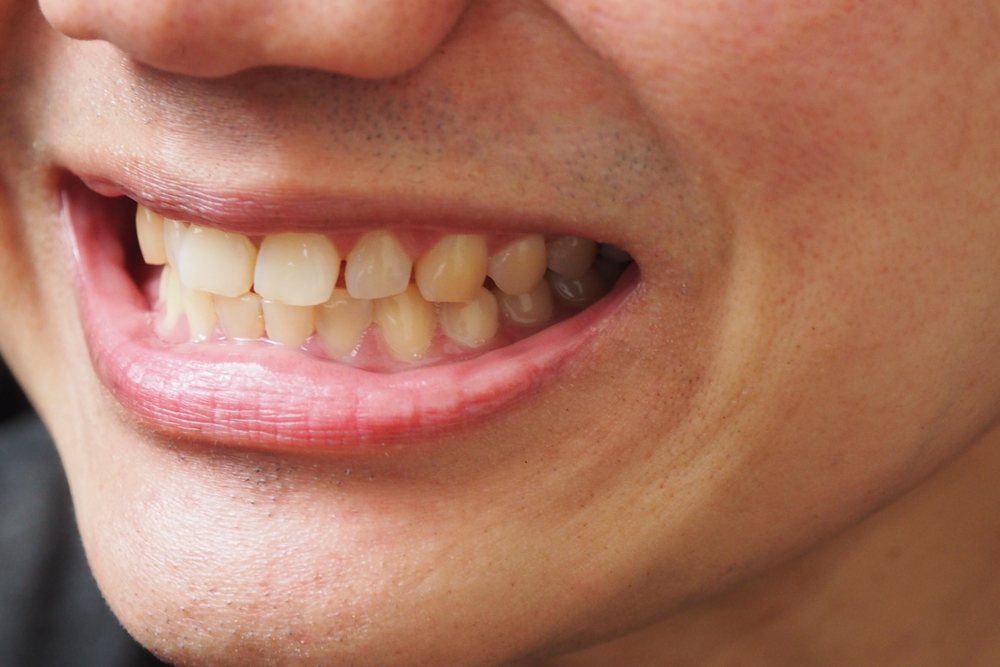When buying a toothbrush, one important consideration is the hardness of the bristles. When it comes to the discussion of soft vs extra soft toothbrush, these two show very different results. So which one is the best for you? Read on to find out more.

Soft vs Extra Soft Toothbrush: Which One is Better?
These days, people are spoiled for choice when it comes to buying toothbrushes. Aside from being made of different materials, there are also different bristle shapes that claim to be more effective when it comes to cleaning teeth.
All of these things play a role in how effectively you can clean your teeth. But by far the most important thing is how hard the bristles are.

Why Do You Need to Choose the Right Hardness?
Hard vs soft vs extra soft toothbrush? Which is more effective? Toothbrushes usually come in hard, medium, soft, and extra soft variants. Here are their differences, and what each type of brush is used for:
Hard
As the name suggests, a hard toothbrush has hard or firm bristles. This means that the bristles typically last longer, and don’t wear out as fast compared to other types of brushes.
Hard brushes also clean teeth much better, as you can apply more pressure to your teeth when brushing. However, one problem with this is that hard toothbrushes can be too hard on your teeth. They can potentially wear away your tooth enamel, which can cause yellowing of the teeth, tooth sensitivity, and even cracked or chipped teeth.
Hard toothbrushes can also be hard on your gums and can cause bleeding and pain when brushing. Over time, this can cause your gum to get inflamed, and even recede.
It would be best to AVOID hard toothbrushes because they can potentially do more harm than good.
Medium
A medium brush lies somewhere in between a soft brush and a hard brush. This means that while it’s not as effective as a hard brush when cleaning, it’s not as harsh on your teeth, and is still better at cleaning compared to a soft brush.
While they are not as harsh on your gums as hard brushes, they can also cause gum inflammation and recession. It’s generally recommended to avoid using medium brushes as well, as these also have the problems associated with a hard toothbrush.
Soft
In the debate between using a soft vs extra soft toothbrush, using a soft toothbrush might not be as efficient at cleaning, but they are less harsh on your gums. This means that you might take a bit longer to brush, but you don’t risk causing any damage to your gums.
Additionally, if you have the right brushing technique, the hardness doesn’t really matter. You can still clean your teeth thoroughly with a soft brush, and it’s much better for your gums.
Using a soft toothbrush is also much more comfortable compared to a medium or hard brush. However, one caveat is that soft brushes don’t last as long compared to a medium or hard brush.
Extra soft
As the name suggests, an extra soft toothbrush is a brush that has very soft bristles. Typically, an extra soft toothbrush is used by persons who have gum problems such as gingivitis. They won’t hurt or damage your gums, and they can clean your teeth just as well.
However, extra soft toothbrushes can be more expensive and hard to find. This is because they are specialized toothbrushes, and not always available in the supermarket or drug store.


















